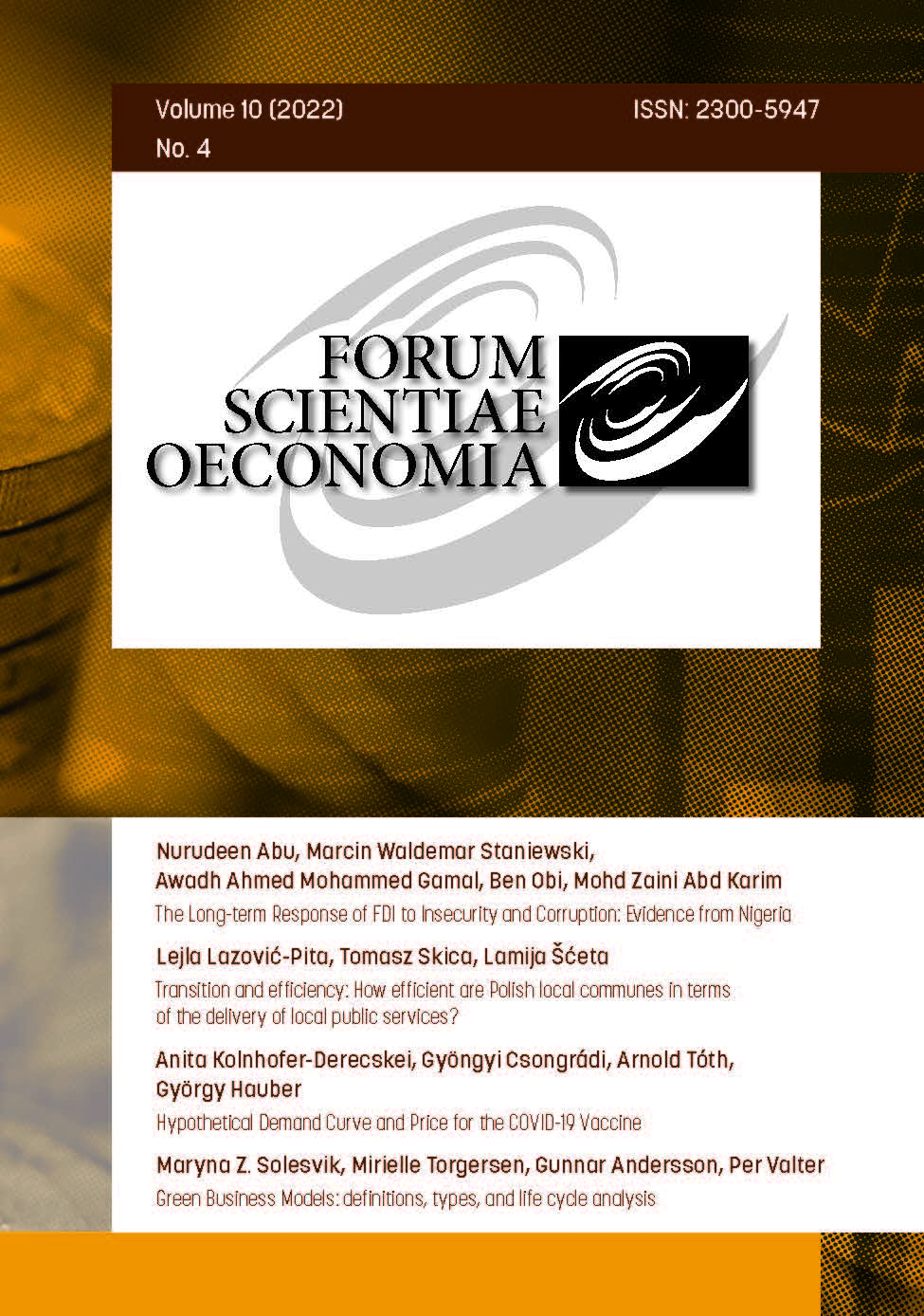The stability of bank tax revenues in selected European Union countries – does it depend on the bank tax model?
The stability of bank tax revenues in selected European Union countries – does it depend on the bank tax model?
Author(s): Andrzej Karpowicz, Zbigniew Korzeb, Paweł NiedziółkaSubject(s): Economy, Supranational / Global Economy, Financial Markets
Published by: Wydawnictwo Naukowe Akademii WSB
Keywords: banking sector; bank tax; fiscal policy
Summary/Abstract: Bank taxes meet almost all requirements of optimal taxation (efficiency, fairness and low administration costs) apart from the stability of revenues they provide to the state. For these reasons, different models of bank taxes need to be examined in order to identify the model characterised by the minimum volatility of revenues and maximum certainty in the achievement of planned budget revenues. Additionally, foreseeable burdens incurred by economic agents allow them to run businesses with greater predictability, which should support economic growth. This study compares the stability of bank tax revenues to other taxes. The analysis is performed on a sample of 13 European Union countries where such a tax existed throughout the analysed period from 2012 to 2020. All calculations done with the use of descriptive statistics combined with the HP filter, ANOVA and the correlation of empirical data with the HP filter trend bring convergent results and confirm the higher volatility of bank taxes in comparison to other taxes. Based on the further analysis of the five countries with the highest (France, Germany, Hungary, Slovenia and Greece) and lowest (Portugal, Slovakia, Netherlands, Cyprus and Belgium) volatility of bank tax revenues, it was found that all countries in the group with the highest volatility of bank tax revenues (except for Germany) have implemented a solution based on a direct or indirect tax base of assets (possibly assets minus interbank transactions). This study is the first to analyse the variability of bank tax revenues, making it possible to identify the bank tax models with the lowest volatility, and the results obtained are a valuable source of information from the perspective of fiscal policy and bank stakeholders (owners, managers and clients).
Journal: Forum Scientiae Oeconomia
- Issue Year: 10/2022
- Issue No: 4
- Page Range: 67-94
- Page Count: 28
- Language: English

